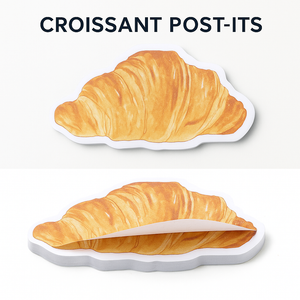COVID-19 was partly responsible for bringing a resurgence in the wellness movement, reopening discussions in mental health, self care practices (including spiritual self care, physical self care, and emotional health), and more. Social media communities built around good health and wellness in this area provided a great way for women to create more healthy relationships with one another, but there's a question that we're not exploring enough: Why do women choose self care?
The practice is usually seen as a quick action response to burnout but with women's health, the practice is evolving into a daily way of coping with stressors. Why is it daily though? We have to go back to the beginning and understand....self care has always been political.
The Civil Rights Movement
In the 1950s, the phrase "self care" was coined by medical communities but its popularity gained traction as a means to combat a health care system that failed BIPOC and women. Activists with primary recognition to the Black Panther Party are responsible for the practice gaining momentum.
Lenora E. Houseworth in "The Radical History of Self-Care" published at Teen Vogue shared, "Trailblazers and former Black Panther leaders Angela Davis and Ericka Huggins adopted mindfulness techniques and movement arts like yoga and meditation while incarcerated. Following their release, they both began championing the power of proper nutrition and physical movement to preserve one’s mental health while navigating an inequitable, sociopolitical system, creating wellness programs for adults and children in recreational centers across the country, in neighborhoods like Brooklyn, New York, and Oakland, California."

Fast forward to today, the resurgence of self care isn't just due to COVID-19. Men and women of color not only carried the stressors that came with the pandemic, but there's also the prevalence of aggressions and microaggressions in the United States at work. Self care becomes a place of refuge and solace.
Self Care and Feminism
Have you ever watched an interview with a female business owner and they're asked, "How do you do it all?" Can you think of a time where male counterparts were asked the same thing? It's probably because for centuries, women have been fully parked as caregivers. As a result, we're expected to take more responsibilities without little return.
According to Daley Quinn at Well + Good, "“Men haven’t stepped into the unpaid work arena as quickly as women have embraced paid employment,” says Dr. Hanks. Women currently make up 47 percent of the US workforce, and 73 percent of those women work full-time jobs. Yet, women are still spending up to 10 times more time than men on unpaid tasks including childcare, senior care, volunteer work, and domestic chores, according to a report by the advocacy group State of the World’s Fathers. In a 2019 study looking at 8,500 heterosexual couples, female partners did 16 hours of housework a week while men did around six. US moms are also spending 14 hours per week on childcare compared to dads’ eight hours per week, and 60 percent of the 43 million unpaid family caregivers are women, according to the AARP."
What's the big picture?
Self care wasn’t created by influencers or brands (us included); it was created out of moments where marginalized groups only had themselves to rely on for the health and wellness support needed. There's still a lot of work to be done in racial equality and gender equality, but until we see the work done, self care plans will remain consistent in importance in today's society.
Did you like this blog post? When you love it, we LOVET. Keep up to date with the latest blog posts, Lovet Planners sales, self care tips, and more by subscribing to receive our newsletters: CLICK HERE NOW.




![Manifestation Memo Pad [DAILY]](http://lovetplanners.com/cdn/shop/files/Manifestingjournalplanner.png?v=1704323635&width=300)






